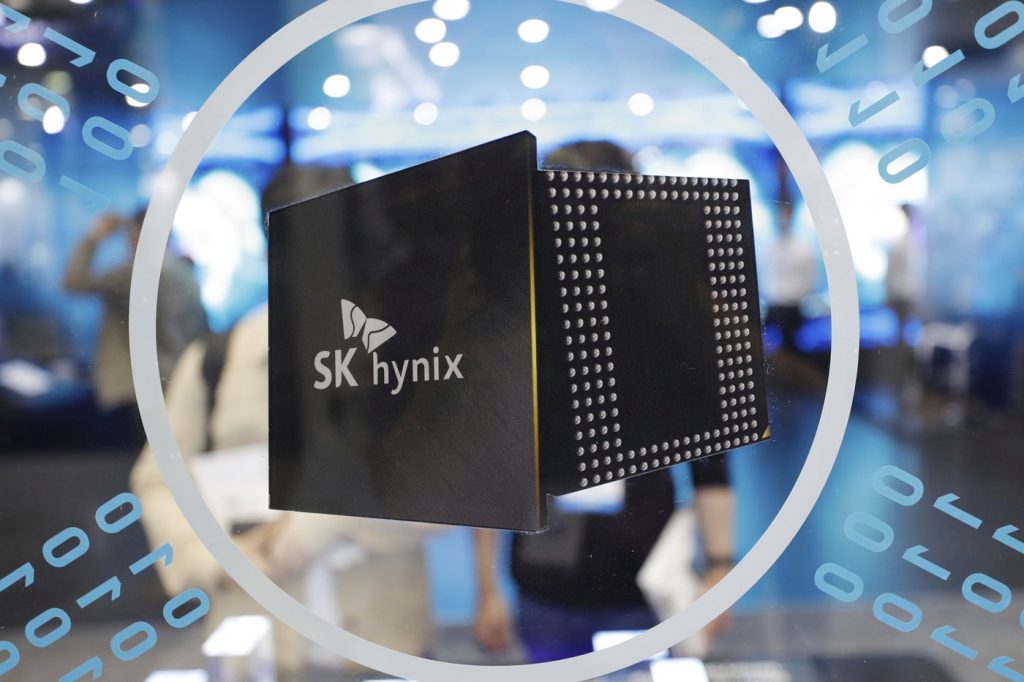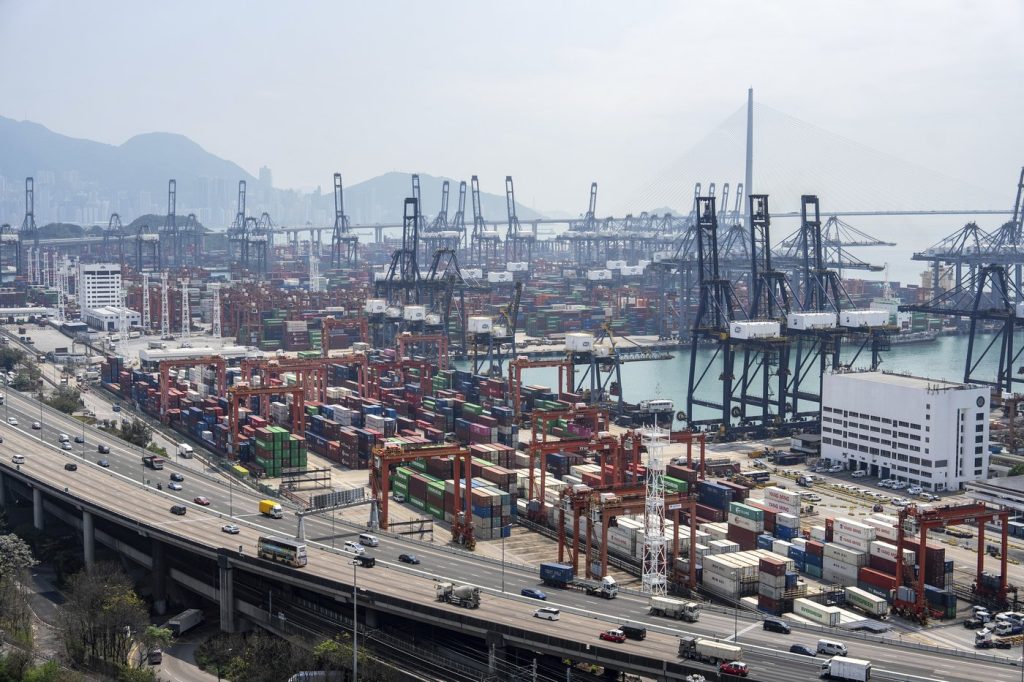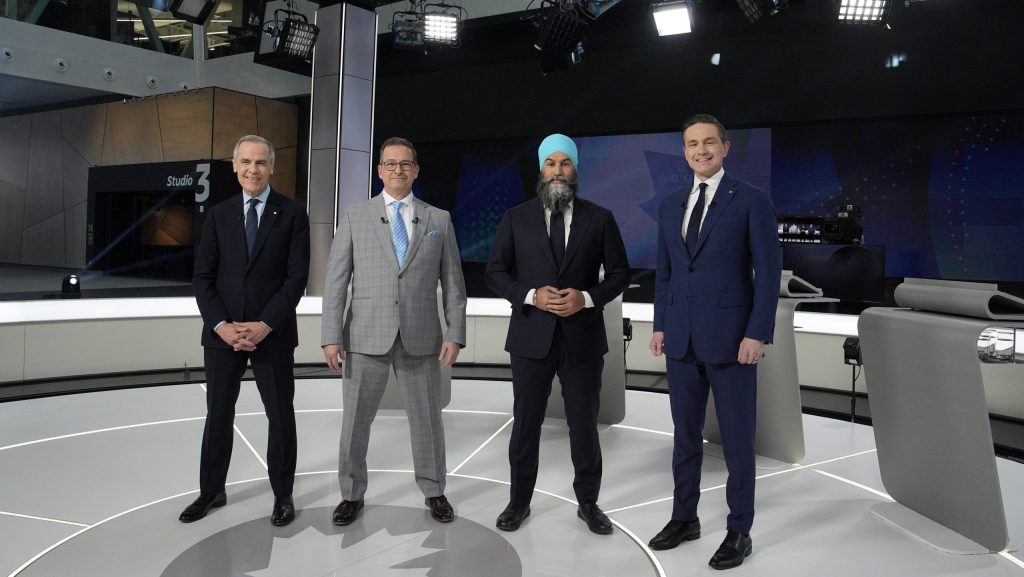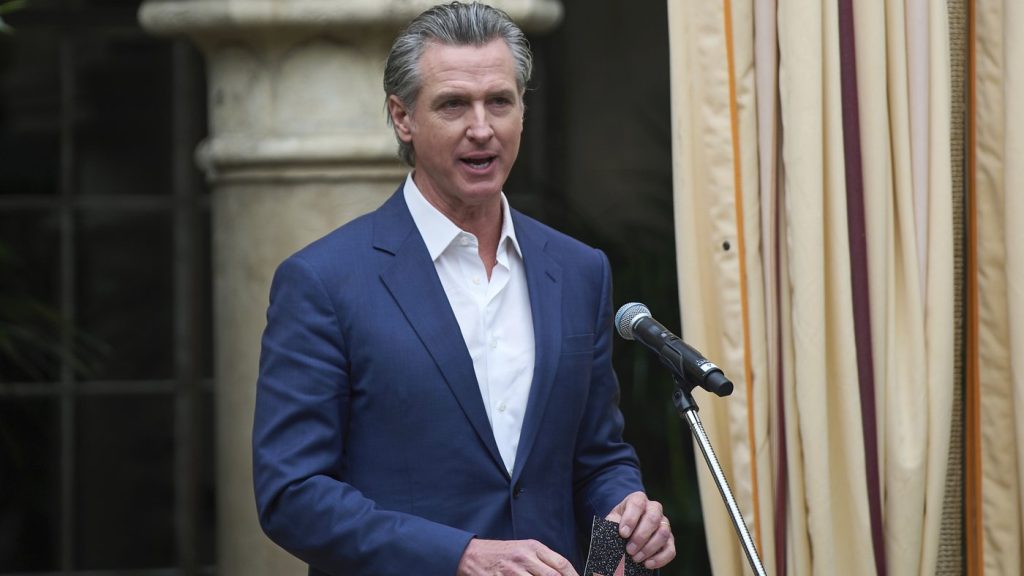On Tuesday, South Korea announced an expansion of its financial support package for the semiconductor industry, increasing the total investment to 33 trillion won (approximately $23 billion). This initiative is part of the government's efforts to mitigate uncertainties arising from the Trump administration's tariff hikes and to ensure the sustainability of its crucial semiconductor sector.
The newly revised package represents a significant 26% increase from the 26 trillion won (about $18 billion) announced the previous year. South Korean officials are concentrating on providing low-cost loans, subsidies, and various financial incentives to stimulate investment in the semiconductor sector. The government's strategy includes facilitating the development of advanced chips by enhancing financial support for research and development activities, as well as funding high-tech manufacturing equipment.
In addition to direct financial support, South Korean authorities plan to increase expenditure on industrial infrastructure. This initiative includes covering a larger portion of the costs associated with constructing underground power transmission systems in semiconductor clusters located in Yongin and Pyeongtaek. These cities have already attracted significant investments from major chip manufacturers, including Samsung and SK Hynix.
The government articulated its motivations in a recent statement, emphasizing that these plans are designed to counter uncertainties associated with U.S. trade policies. There is escalating concern among officials that South Korean companies may be lagging behind their Taiwanese competitors and others in producing high-tech chips for artificial intelligence and other advanced applications. Meanwhile, Chinese firms are quickly closing the gap in the memory chip sector.
South Korean Finance Minister Choi Sang-mok, during a policy meeting on Tuesday, noted, “The U.S. government has postponed its plans for reciprocal tariffs for 90 days. There’s anticipation that product-specific tariffs will be announced for sectors such as semiconductors or pharmaceuticals. This is a valuable time to strengthen the competitiveness of our companies in the face of a global trade war.”
Moreover, the South Korean government is preparing to send a delegation to the United States to discuss recent tariff hikes and other trade-related concerns. This move is part of Seoul's ongoing efforts to protect the country’s export-driven economy from potential negative impacts caused by these trade policies.
In a related measure, last week, South Korea launched an emergency funding program valued at 3 trillion won (approximately $2 billion). This program is aimed at assisting the automobile industry in mitigating the effects of the increased tariffs imposed by the United States. The funding initiative includes expanded low-cost financing solutions from state-run lenders as well as a new financing program backed by major automotive manufacturers Hyundai and Kia, along with various financial institutions. This aimed to support struggling carmakers and auto parts manufacturers who have been adversely affected by increasing tariffs.
Through these comprehensive strategies and financing initiatives, South Korea is taking significant steps to reinforce its competitive standing in both the semiconductor and automotive industries while navigating a challenging global trade environment.












